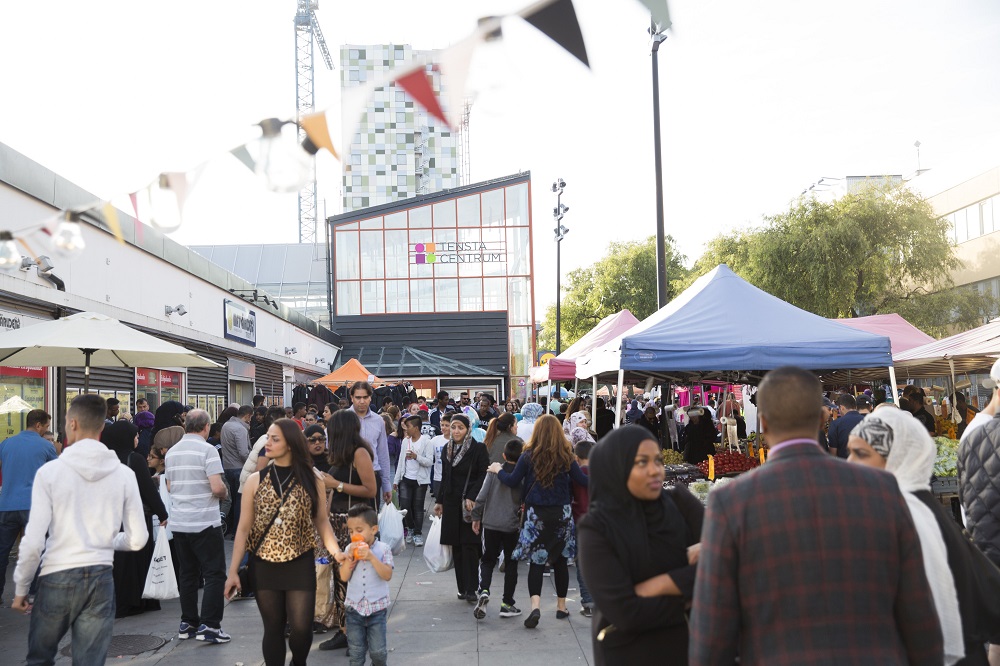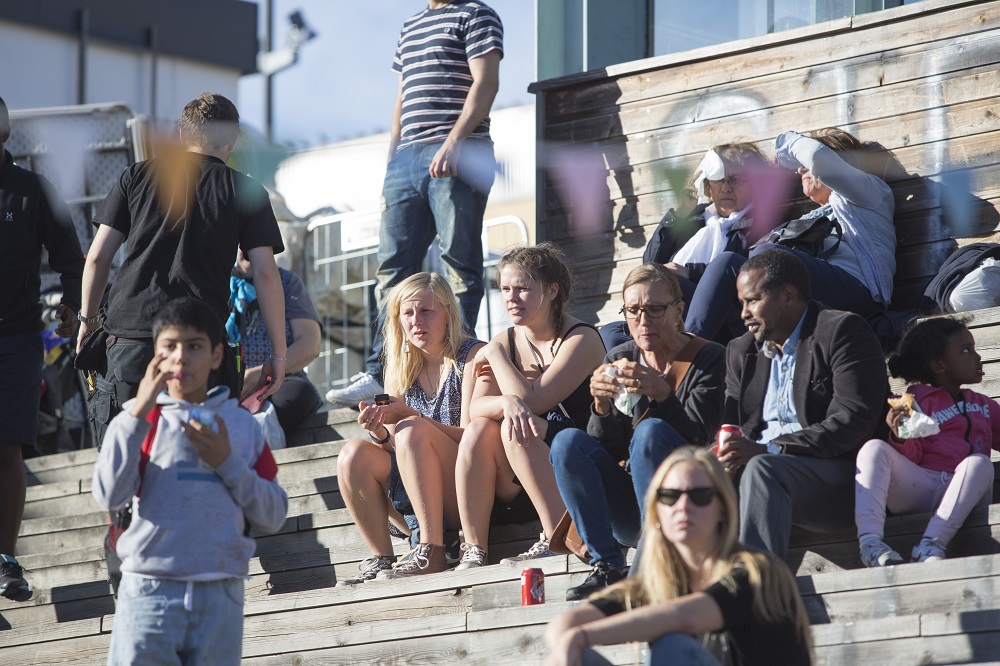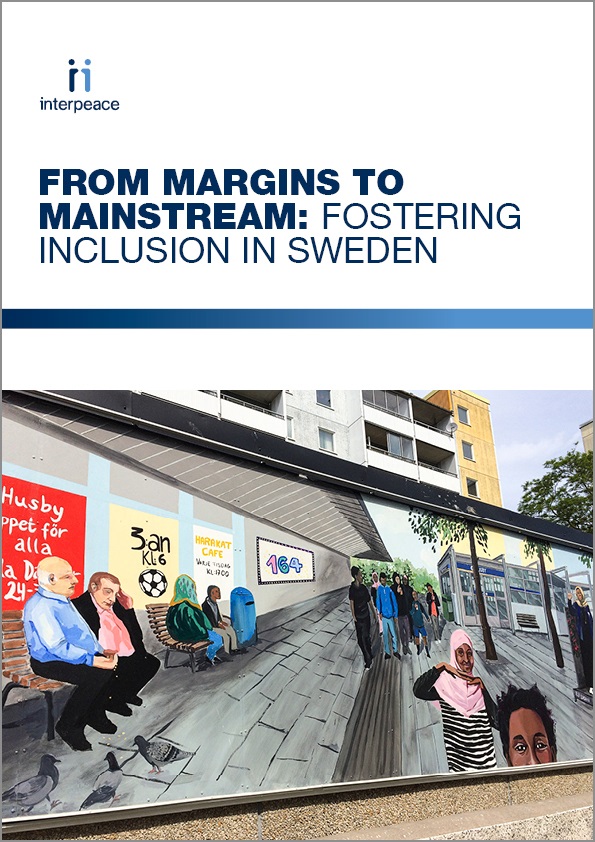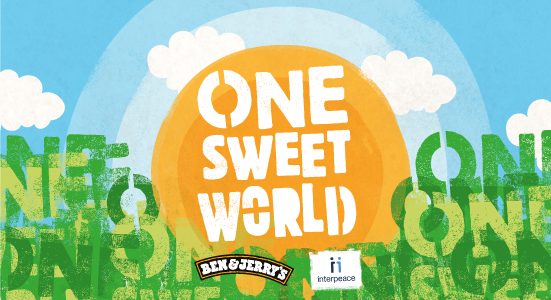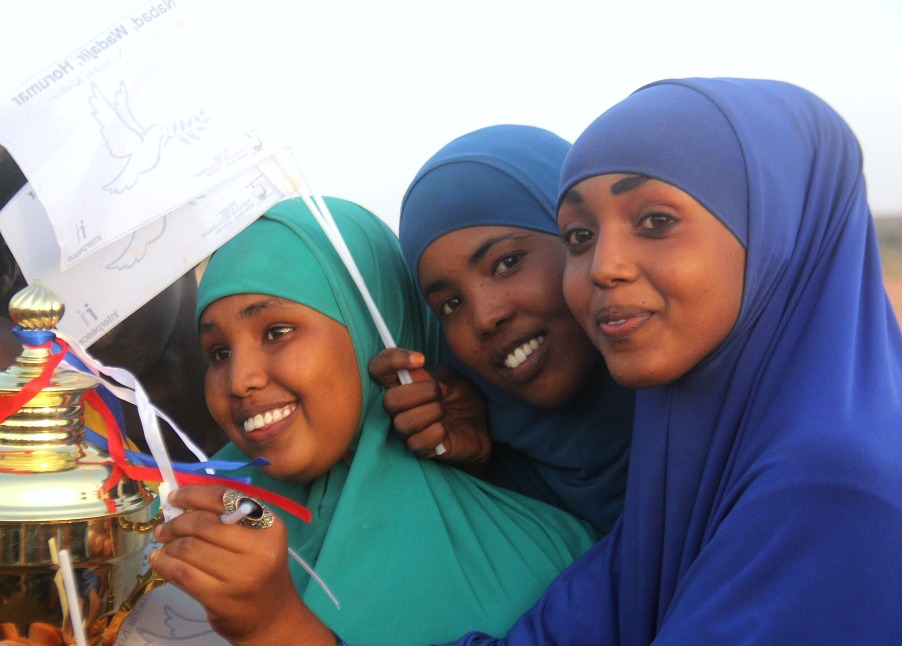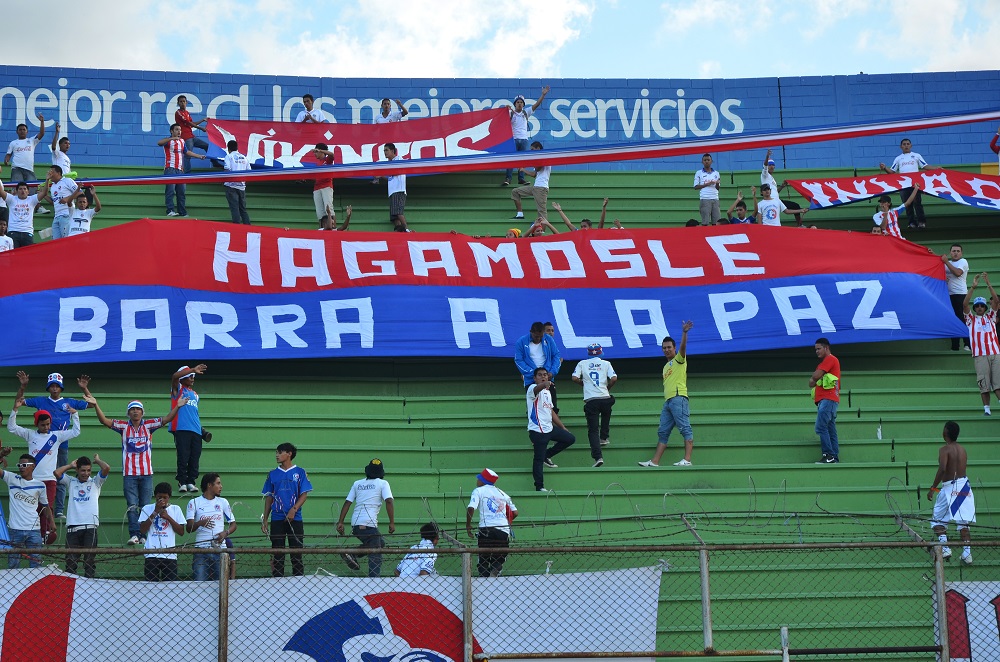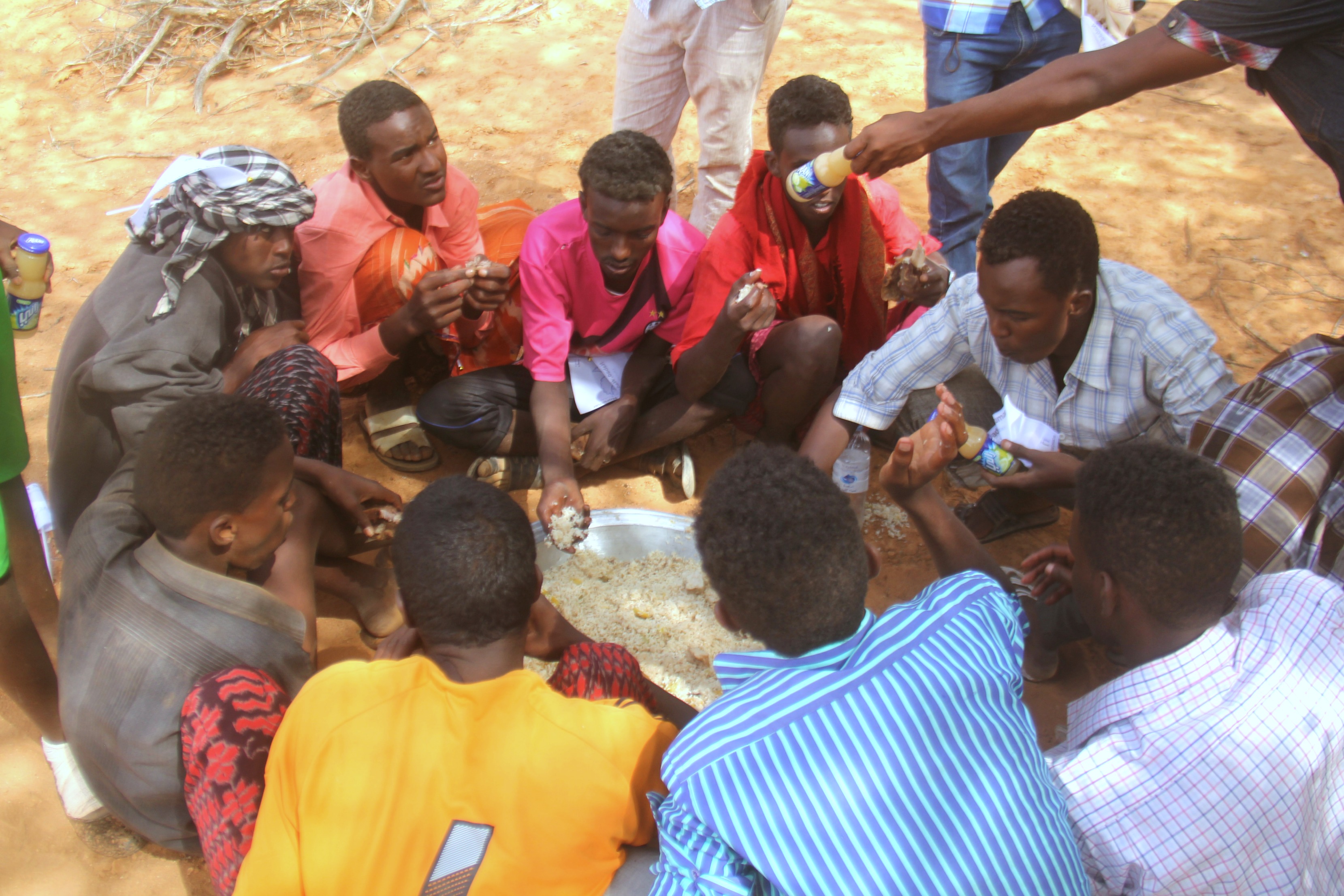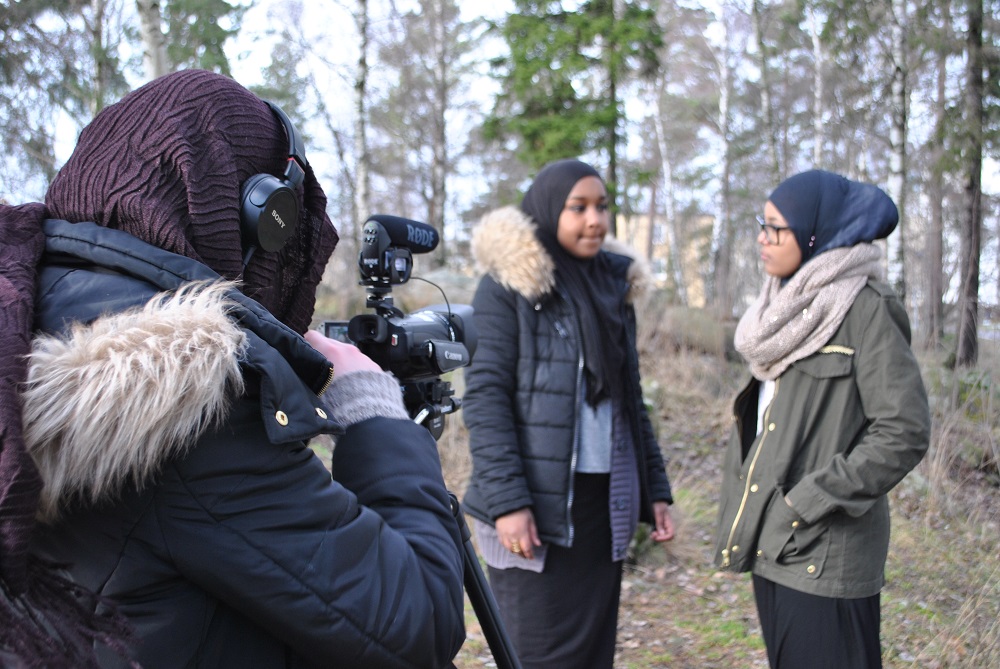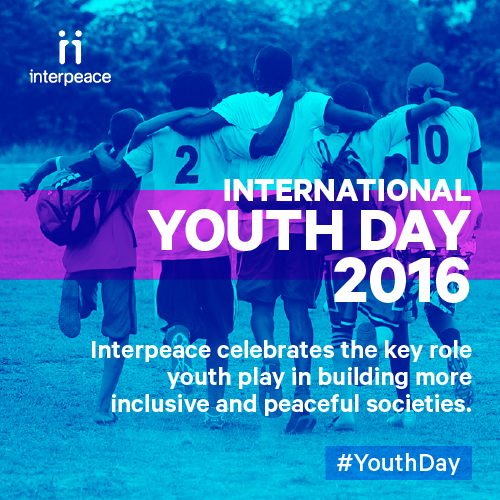Innovative security approach informs Cyprus Peace Talks
In the past two years, significant progress has been achieved in the Chypre Peace Process on many of the negotiation dossiers. However, security arrangements continue to be an impasse for the island’s reunification. After more than four decades of peace negotiations, the security dossier is still locked in a zero-sum dynamic, where one side’s gain is the other one’s loss. For this reason, in October 2016, with the objective to support the Cyprus Peace Process, the Centre for Sustainable Peace and Democratic Development (SeeD) started implementing the “Security Dialogue Initiative” with its international partners, Interpeace and the Berghof Foundation.
The project has sought to find innovative solutions to overcome the deadlock on security, so that solutions can be found that make both the Greek Cypriot and Turkish Cypriot communities feel simultaneously and equally secure. As previous research has shown, both communities give first priority to security matters. Therefore, reaching an agreement on the security dossier is not only crucial to achieving a peace deal but also crucial to receive public endorsement of any Peace Plan that will be put to referenda in both Cypriot communities and ensure that ‘the day after’ a transition to a new state of affairs will be socially and politically viable.
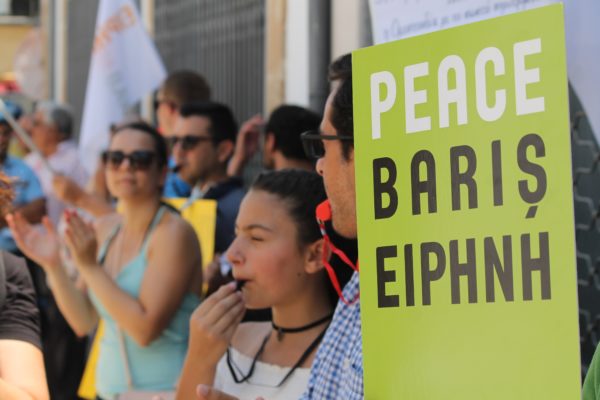
Pro-peace rally in Nicosia, Cyprus. Photo credit: SeeD
A locally owned and internationally informed dialogue on security
The “Security Dialogue Initiative” is a participatory dialogue process that includes the involvement of local stakeholders across the island and international experts, with the objective to identify security options that are acceptable to all Cypriot communities and the international security stakeholders (Greece, EU, Turkey, UK and others).
In the first phase of the project, SeeD undertook a comprehensive bottom-up threat and risk assessment in order to turn the dialogue on security on its head and start from people’s fears rather than political solutions. Based on the findings, SeeD followed a participatory research and dialogue process, involving international experts, to develop a proposed security architecture for Cyprus that would respond to these real and perceived threats.
The second phase of the research process subjected the proposals thus developed to rigorous testing. On the one hand, a public opinion poll[1] was conducted to assess the acceptability of the options generated and, on the other hand, the proposals were vetted by another set of experts as well as focus groups (representative of the general public) to assess their viability.
The third phase of the research focused on refining the proposed New Security Architecture as well as transitional arrangements enabling a phased transition from an agreement to the implementation of the architecture.
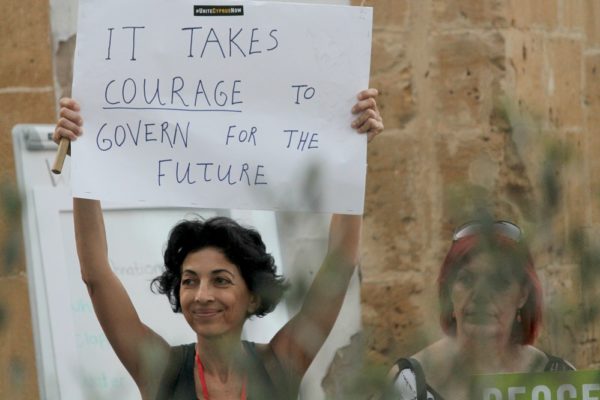
Pro-peace rally in Nicosia, Cyprus. Photo credit: SeeD
Ways to overcome the impasse on security
The proposed Security Architecture is based on the following principles:
1) The security architecture should effectively respond to actual and perceived threats. At present, the over-emphasis on international security guarantees acts as an obstacle to identifying institutions, mechanisms and processes that would enable a united Cyprus to manage its security self-sufficiently. In order to break out of the zero-sum dynamic, negotiators should take into account everyday security challenges faced – or expected to be faced in the event of a solution – by both Cypriot communities. Some of these challenges include: the lack of commitment and effectiveness of federal institutions, tensions and violence around property and territorial disputes, biases of police and judges in favor of their own community, assaults by extremists and economic hardship caused by the high cost of a settlement.
2) Preventive remedies are no less important than reactive remedies. Current conversations primarily focus on reactive remedies and hard security, such as the number and deployment of troops, military guarantees etc. However, such mechanisms are heavily focused on how worst-case scenarios can be managed, instead of how they can be prevented from transpiring. To more effectively address threats, a holistic perspective is called for, which would integrate both preventive/‘soft’ and reactive/‘hard(er)’ security instruments.
3) Building endogenous resilience should be the ultimate goal. A settlement can be sustained only if a united federal Cyprus develops its own internal capacities to deal with stressors and threats, as an endogenously resilient state. Resilience of both society and institutions needs to be reinforced, so that in the event of system stressors or shocks, such as incidents of deadlock, perceived injustice or violence, state and societal institutions respond swiftly, effectively and fairly. In this regard, SeeD has also developed recommendations for a transition period, during which state and societal institutions could be developed and strengthened, building confidence in the implementation, functionality and sustainability of an agreed settlement, to ultimately achieve endogenous resilience for a united Cyprus. This will be achieved through 1) the creation of civic loyalty to the federal state and its institutions rather than just ethnic loyalty to one’s Community, without trivializing ethnicity and 2) international support, to ensure the viability of a settlement in this transition period. Nonetheless, the ultimate goal should always be a Cypriot state that is resilient and self-reliant including with regards to security matters – and this is a point that all Cypriots can agree on.
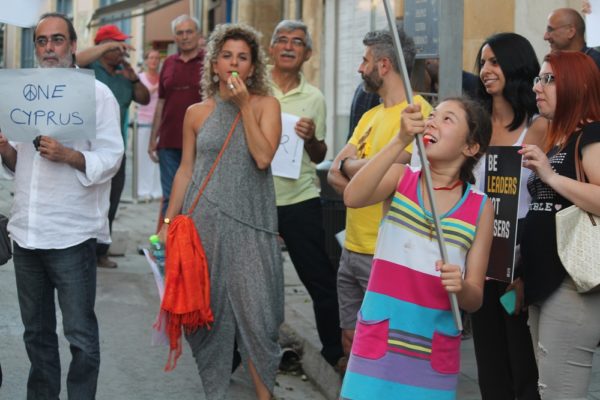
Pro-peace rally in Nicosia, Cyprus. Photo credit: SeeD
Informing the peace talks
On June 28, the Geneva conference on Cyprus has resumed in Crans Montana, marking the latest attempt to secure progress towards a historic agreement on reunifying the island. Leading up to the conference SeeD has been engaging stakeholders that will be parties to the conference to share their recommendations and detailed research findings, thus making an informed and important contribution.
For further information read the New Security Architecture proposal Cliquez ici.
[1] The public opinion poll had a representative random sample of 3000 people, 1500 from each community. The key purpose of the second phase is to test the viability and acceptability of alternative security formulas.
